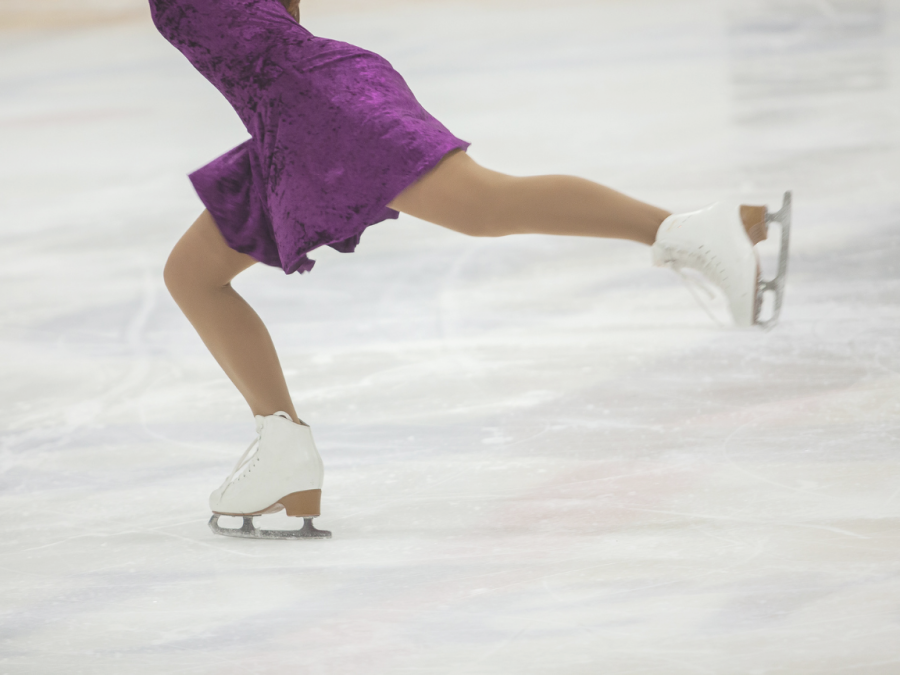Athletes shouldn’t get away with testing positive for drugs
Fifteen-year-old Russian figure skater Kamila Valieva tested positive for trimetazidine and continues to participate in the Olympics. The decision that was made was not fair to other athletes.
As the Winter Olympics continued this week, it was revealed 15-year-old Russian figure skater Kamila Valieva tested positive for a banned heart drug, called trimetazidine.
After the Olympics announced that Valieva was allowed to continue to participate, she won a gold medal.
“But the medal ceremony for the team event has been postponed, and the International Olympic Committee (IOC) says it will also hold off on other ceremonies involving Valieva until the doping allegation is resolved,” according to NBC News.
This decision was made by The Court of Arbitration for Sport on Monday.
Trimetazidine was the drug found in Valieva’s system, which is used for treating chest pains that are caused by lack of oxygen in the heart.
“Trimetazidine was added to the World Anti-Doping Agency’s list of prohibited substances in 2014. WADA categorizes it as a “hormone and metabolic modulator,” making it illegal for athletes in and out of competition,” according to NPR.
The IOC failed the athletes that passed all their tests and trained for years to get this opportunity as they continued to let an athlete that had a banned substance in their system to perform at the Olympics .
This decision was an unfair ruling as many athletes in the past, who have tested positive for drug use, were banned from participating in the Olympics.
Last summer, track and field sprinter Sha’Carri Richardson was banned from the Summer Olympics in Tokyo as she tested positive for marijuanna in Oregon, where the substance is legal. Richardson used the substance after she found out about her mother’s death as a way of coping.
She was predicted to be at the top of the race as she was a rising star coming to the Olympics. She owned up to her mistakes and understood the decisions that were made.
Richardson has voiced her opinion on this matter as she questions what the difference is between her situation and Valieva’s.
“Can we get a solid answer on the difference of her situation and mines? My mother died and I can’t run and was also favored to place top 3. The only difference I see is I’m a black young lady,” tweeted Richardson on Monday.
Many make the argument that Valieva is a minor and she should be allowed to participate because she made a mistake.
The Court of Arbitration for Sport stated that because of her age and the on-going investigation, they allowed her to continue to participate in the Olympics.
“The Court of Arbitration for Sport ruled Monday that Valieva could continue competing — citing her age, the irreparable harm if she was suspended and later found innocent, and the timing of the news that didn’t allow for a full legal process,” according to The Washington Post.
Yet, being a minor does not give her a pass to violate the rules and continue to be in the Olympics. This sets a precedent as now many minors see this and may take performance enhancing drugs.
If Valieva is given a pass this time for failing a drug test, how would that be fair to other athletes that have followed the rules and passed the tests and what kind of message does this send to the athletes?
If an athlete is caught with drugs in their system that are on the World Anti-Doping Agency’s list of prohibited substances, then they must be disqualified from participating in the competition as it’s unfair to other athletes. That has always been the way the Olympics have worked.

